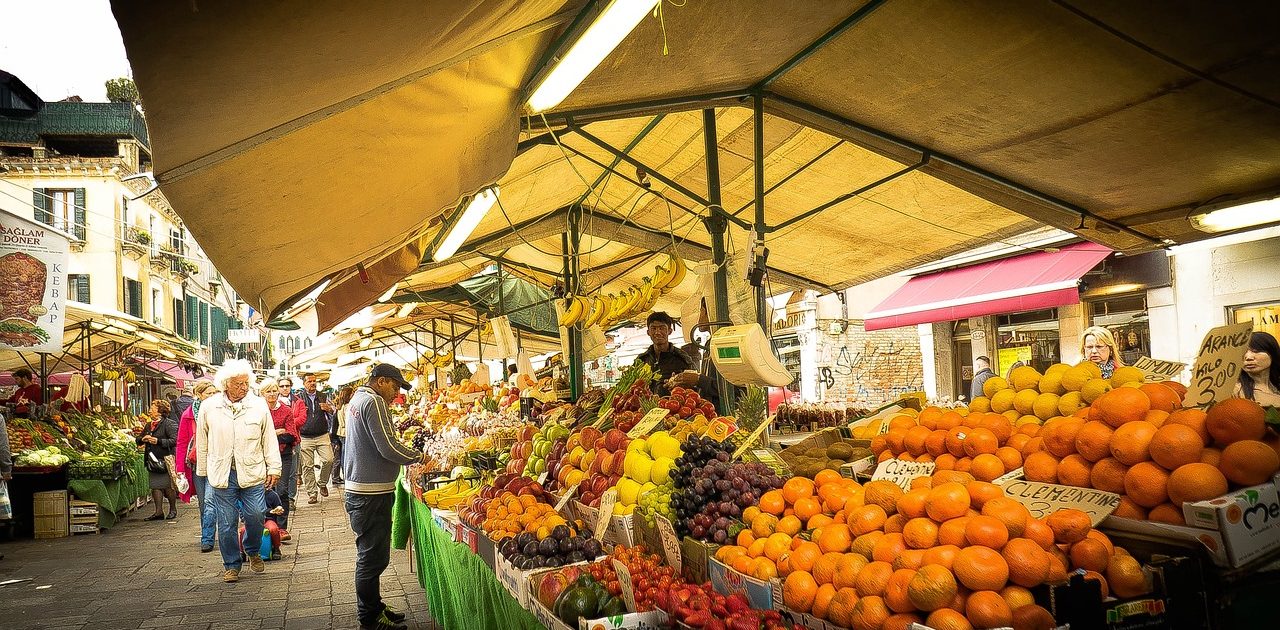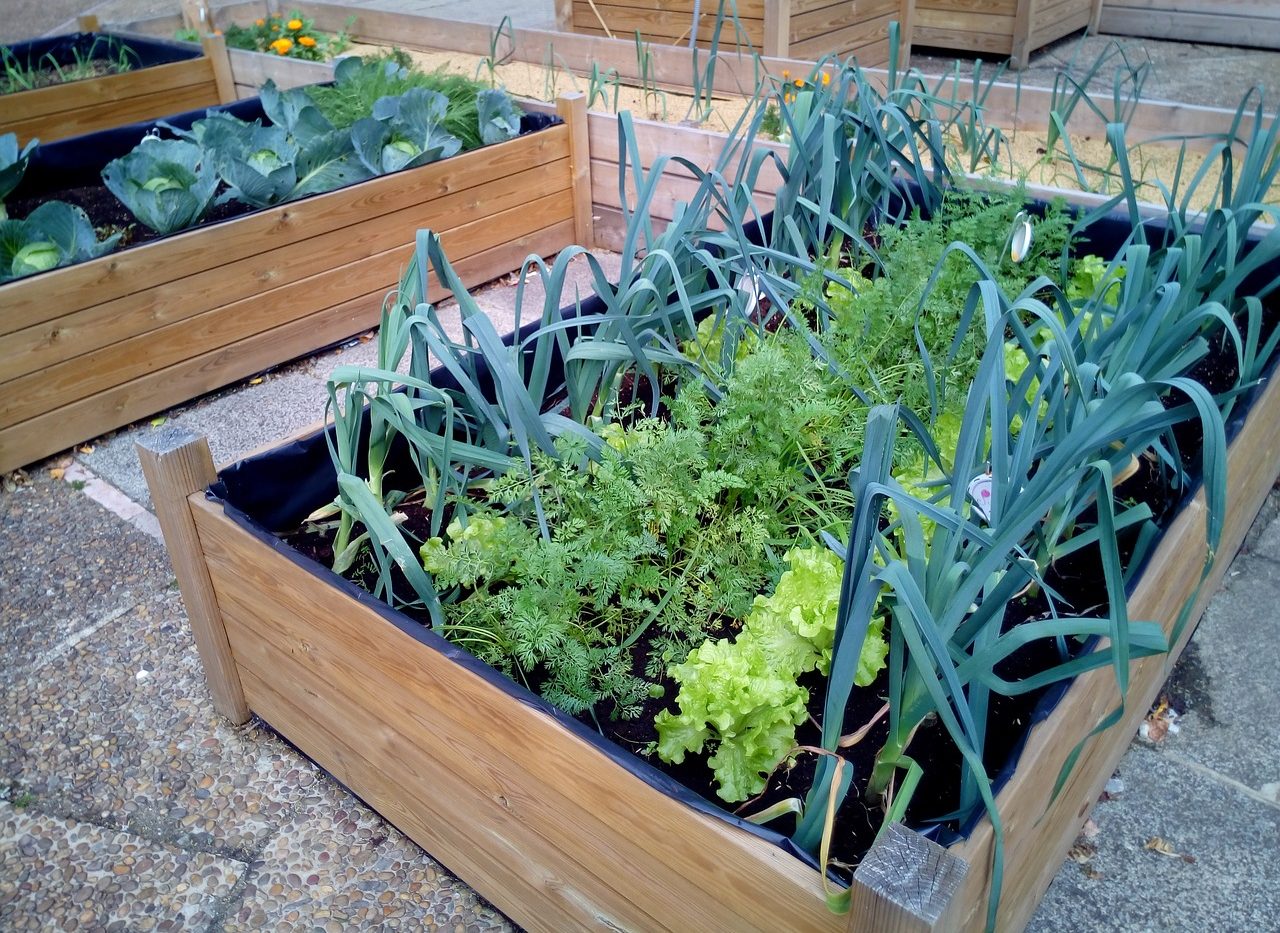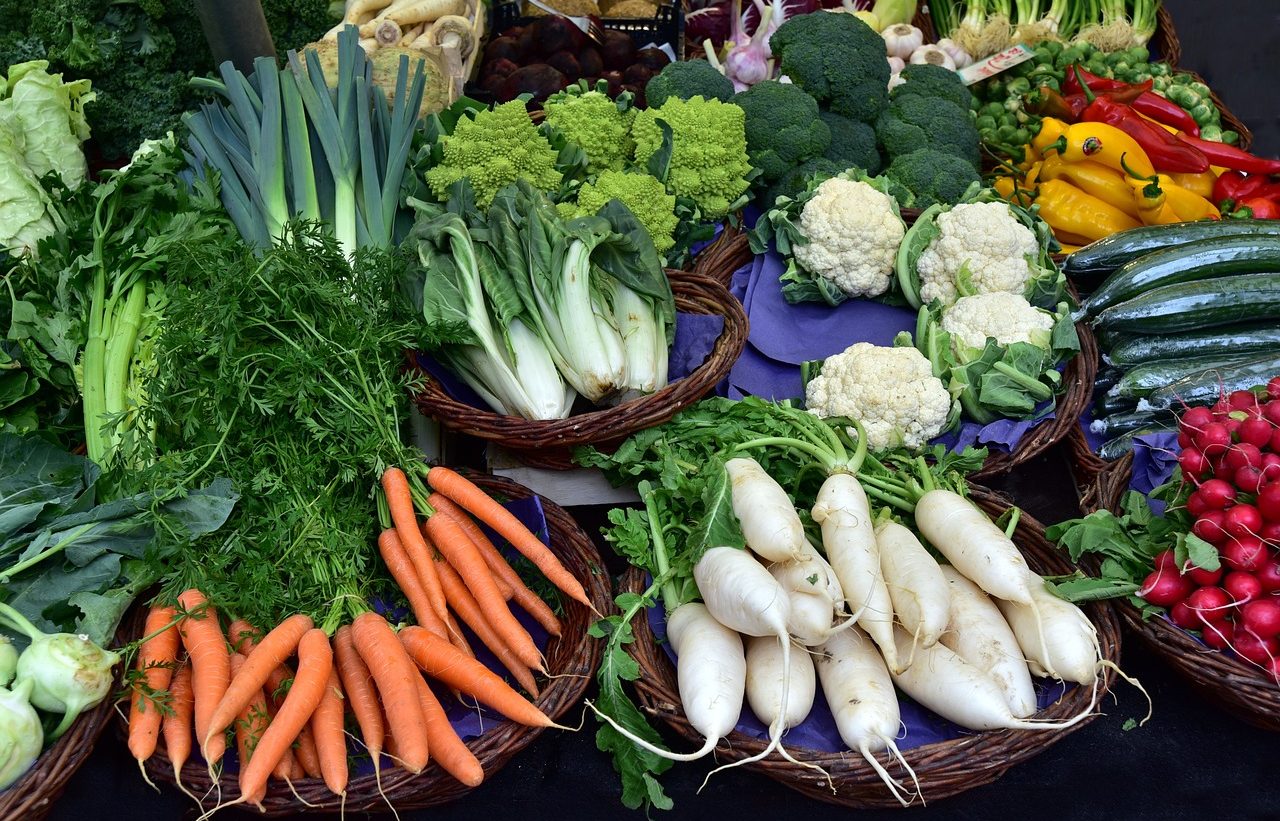
Food sovereignty is associated with community development.
Food sovereignty is the power of a community to choose its strategies and policies linked to the production, distribution and consumption of food . It is about the ability to determine, according to your needs and culture, what type of system to adopt regarding food.
The idea of sovereignty refers to power and authority. Food , meanwhile, is that related to food (the nutrition necessary for subsistence and development). It can be said that a people with food sovereignty is in a position to choose what to eat.
Characteristics of food sovereignty
Food sovereignty is the condition of a social group that can select what foods to produce and consume . The notion was proposed by the movement known as Via Campesina , which brings together more than a hundred rural organizations from around the world.
Within the framework of the World Food Summit that took place in November 1996 at the headquarters of the Food and Agriculture Organization of the United Nations , Via Campesina postulated that each people should have the right to determine their diet. In this way, he related food sovereignty to the possibility of accessing healthy, sustainably produced food in tune with the values and cultural practices of each community.
Therefore, the notion of food sovereignty encompasses diverse issues such as agroecology , agricultural biodiversity , farmers' rights and fair trade . Rural development and the consumption of local foods are among its pillars.

Urban gardens can contribute to food sovereignty.
Differences with food safety
Food sovereignty is often confused with food security . However, they refer to different ideas.
Food security is linked to the availability of food . For it to exist, there must be enough nutritious food available to the entire community to satisfy their needs in a stable manner. This means that the notion is linked to the right to food . Food sovereignty, for its part, refers to the free choice and development of the food system, from production to distribution and consumption of food.
It is possible to recognize different phases of food safety. The worst situation is famine : the inability to access food causes displacement and fatalities. The so-called general food security , on the contrary, is the best stage since there is stable and adequate access to food for all people.

Food sovereignty contemplates the consumption of seasonal foods.
Importance of food sovereignty
Food sovereignty, as we have already seen, goes beyond food security because it is also concerned with the way food is produced . In this context, it promotes ecological agriculture and organic agriculture as means for proper exploitation of natural resources. Therefore, it encourages the obtaining of healthy foods without using agrochemicals that harm the environment . Likewise, it encourages the care of agricultural lands, avoiding overexploitation .
On the other hand, the idea of food sovereignty helps to increase the supply of quality food at a fair price. It is important to note that it opposes dumping (selling at a loss that seeks to eliminate competition).
Policies that aim at food sovereignty give priority to local production and try to guarantee access to food information for consumers. It also supports agricultural policies that strengthen the local economy with community resource management, the protection of native crops and the launch of farmers' markets, among other measures.
Power struggle and conflict of interest
One of the fundamental principles of food sovereignty is that consumers can decide what food they put on the table. This means that they must have a margin of action that does not depend on the main agribusiness producers. In other words: they have to have a varied offer available and not be forced to consume what larger groups offer with their own conditions .
Another central aspect of food sovereignty is that the decision-making capacity of a community or even a nation is not subject to the will of other countries . In this way, there is no food sovereignty if the satisfaction of needs is tied to foreign production.
A nation that cannot produce the food that its population demands cannot achieve food sovereignty since the vicissitudes of foreign policy and international trade limit its decision-making power. Of course, internal social and economic inequalities also mean that many people cannot decide what to eat or even access the food they need.
How to achieve food sovereignty
Achieving food sovereignty is a challenge that requires the commitment of different parties. It is essential that the State implements public policies that promote sustainable agriculture and strengthen local food systems .
Safeguarding traditional agricultural practices , promoting the use of organic fertilizers and providing measures for soil conservation are other necessary actions.
The authorities, on the other hand, must work for food education since training is essential for food sovereignty and nutritional security. You should be informed about the risks of suffering from obesity and diet-related diseases if you consume processed foods and do not favor healthy foods, for example.
Food labeling regulations are another valuable resource for responsible consumption, a key element for food sovereignty.
